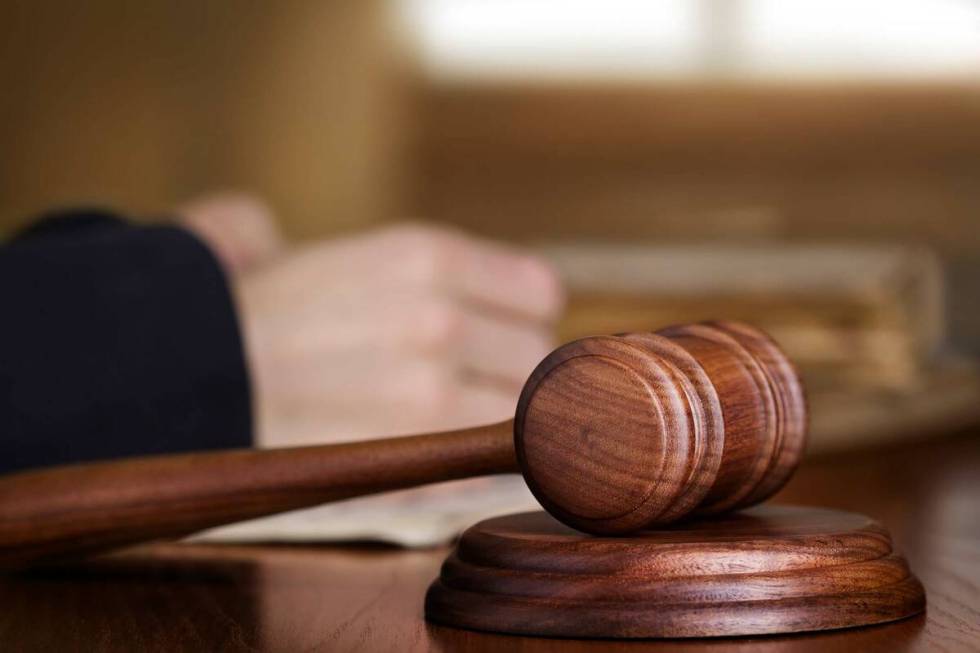EDITORIAL: Here’s a criminal justice reform worth passing

The Nevada Supreme Court was poised to hear a serious challenge to the state’s forfeiture laws, but a recent settlement will prevent the case from going forward. That’s too bad.
The dispute involved Sylvia and Elvin Fried. The state seized their Carson City home in 2019 as part of a drug investigation, but they eventually prevailed in court, and the property was returned. Last week they reached a deal with prosecutors that included a stipulation that they would drop further litigation.
The agreement came within days of a federal appeals court ruling in a California case that shines more light on the injustices of civil forfeiture, which allows the authorities to confiscate cash, property, cars and other valuables if they merely suspect it might have been involved in a crime. The owner need never be charged — let alone convicted — of a crime.
The California dispute involved an FBI raid in 2021 on U.S. Private Vaults, a Beverly Hills outfit that rented private safe deposit boxes. After the business was charged with drug crimes and money laundering, the government seized tens of millions of dollars in cash and other valuables from 700 of the boxes under the theory that each and every owner was hiding dirty money — despite offering no evidence that this was so.
Three years later, innocent safe deposit box users were still fighting to get their property back despite never having been charged with wrongdoing.
On Tuesday, the 9th U.S. Circuit Court of Appeals stepped in and slapped federal law enforcement officials for abusing civil forfeiture laws. The court found that the government’s actions violated the Fourth Amendment and described FBI behavior as “particularly troubling.”
Stories of civil forfeiture abuses are not unique. These laws were intended to make it easier for law enforcement to separate drug lords and other criminal kingpins from their ill-gotten loot, but they are now routinely used against low-level suspects to generate revenue for police agencies, which typically get a cut or all of the proceeds from the assets they seize. They also run counter to the vital concepts of private property and due process.
There are several proposals pending in Congress to reform these statutes on the federal level. The FBI’s behavior in the safe deposit box case should be impetus to move them forward. In Nevada, lawmakers should pass legislation to demand a criminal conviction before filing forfeiture proceedings. Nobody should lose their home, cars or bank accounts to local, state or federal law enforcement agencies without first having been found guilty of criminal activity.